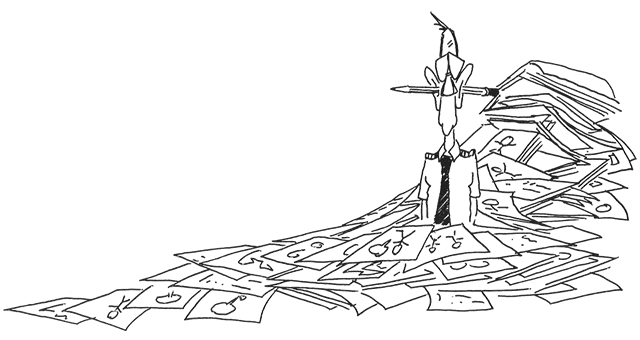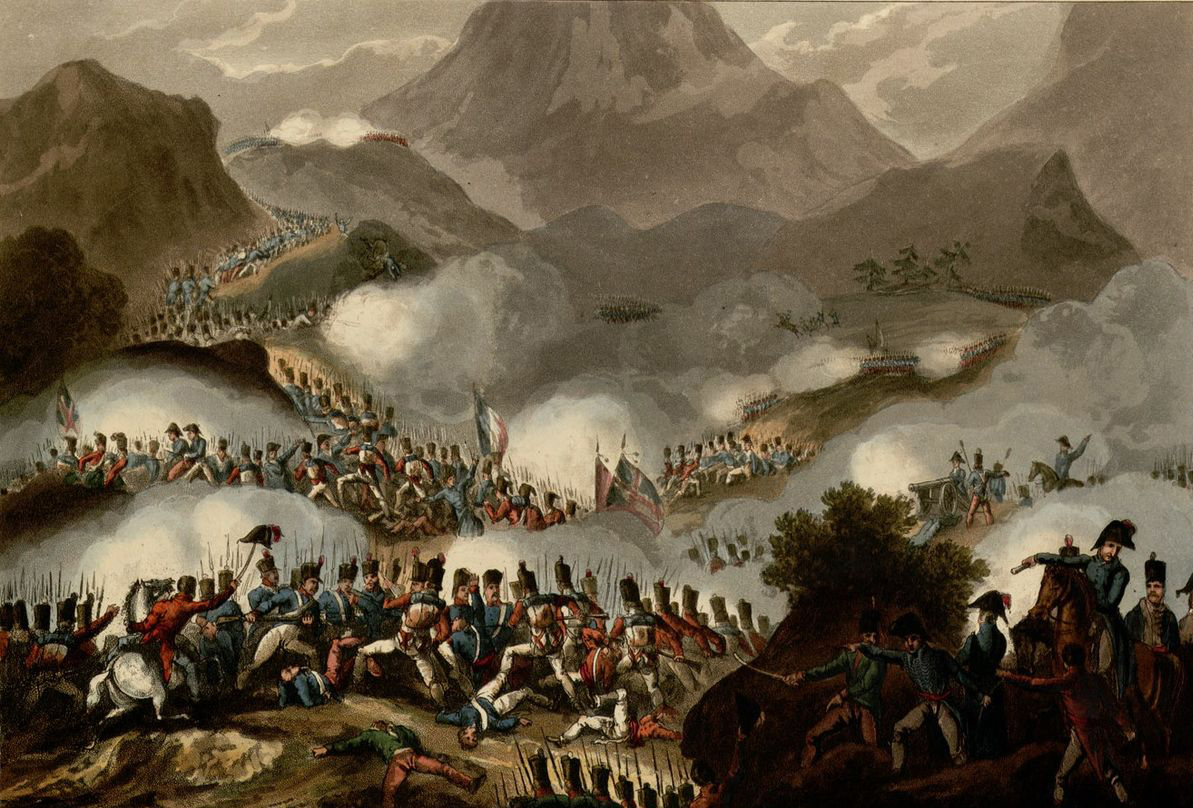I went to Air Command and Staff College — something I called "Colonel Charm School" — from 1991 to 1992 and was tasked with giving a speech every two weeks for a year. This didn't bother me, other than the fact we had to do this while being graded by someone with not much more public speaking experience than I had. One of the people judging one of my groups insisted that every speech begin with a joke. So began my collection of jokes.
But it gets even worse. I got in trouble for one of the jokes and had to apologize. So I'll relate that joke and all those that I've collected (that are clean) since. What's this got to do with aviation? You need to have a sense of humor to defy gravity.
— James Albright

Updated:
2015-03-18
The speech I was assigned to give was about early musket warfare. My speech was needed to impart three main points to the class and I would be graded on how well I did that. Those three main points were: (1) muskets had limited range, (2) muskets took a long time to reload, and (3) muskets had poor accuracy. The audience was composed of mostly U.S. Air Force, but a quarter of the class came from the U.S. Army, Navy, and Marines. Another quarter were from the militaries of allied nations. Needless to say, a good portion of the audience was far more knowledgeable than me about such things. To make matters worse, my speech was scheduled for the dreaded 1300 slot, right after lunch.
At the appointed hour, I took the stage in front of a projected screen with my name and the title "The History of Musket Warfare." The audience appeared to be bored beyond tears before I even began. I strolled the stage once for that dramatic effect I thought necessary back in those days. The audience could tell I was an Air Force pilot from my blue uniform and the wings pinned to my chest. Their expectations could not have been any lower.
"Musket warfare had its beginnings in the eighteenth century, of course. Most notably, to many of us, was the American Revolutionary War. But it truly came of age a few years later during the War of the Pyrenees."
"The opening battle was to take place on the French Alps between the French to the north and the Italians to the South."
Of course this wasn't true, the war was France versus Spain and Portugal. But I needed to involve Italy.
"The troops amassed on the mountain tops. It was a clear day and the adversaries could see each other clearly. Both sides knew the battle to come would be waged in the valley. Their muskets were no good at this range."
Point one made, two to go.
"The battle would be fought at close range and would scarcely give each side the chance for more than one shot per musket. These weapons took a while to load and by the time they could load the second shot, the other side would be on top of them with sabers and bayonets."
Point two made, one to go.
"It was going to get bloody, to be sure. Each combatant would have to get within just a few meters for their shots to count."
All three points made, time to finish the story.
"So the French general calls over to his aide," I said. "Pierre," I continued in my best faux French accent, "Bring me my red blazer."
The audience was paying attention now. Here was an Air Force major on stage actually attempting a lesson-relevant joke.
"The aide returns with the blazer and says, 'Mon generale, here is your red blazer. But why red? It shall be too easy to spot in battle.' The general struck a magnificent pose, looked over the valley and said, 'Pierre, if I am shot on the fields of valor, the troops, they shall not see me bleed.'"
The room was eerily quiet, all eyes turned my way and everyone waiting for my next lines.
"None of this was lost on the Italian general," I finished, "who called over to his aide. 'Hey Luigi, fetch me my brown trousers!'"
There was uproarious laughter, I got a "firewalled" grade report and congratulations from all quarters. For about a week. Then I found out an Italian judge advocate officer filed a complaint and I was asked to apologize. I did so.
I got to face my accuser who said he wasn't so much offended personally, as he was offended on behalf of anyone who could have been offended. I asked him if humor was no longer permitted. He said I could make jokes about occupations (pilots versus navigators, for example) or sexual orientation. This was 1991 and that kind of thing was still permitted. At that point I had a database of over a thousand jokes, of which about half would be forever retired.

